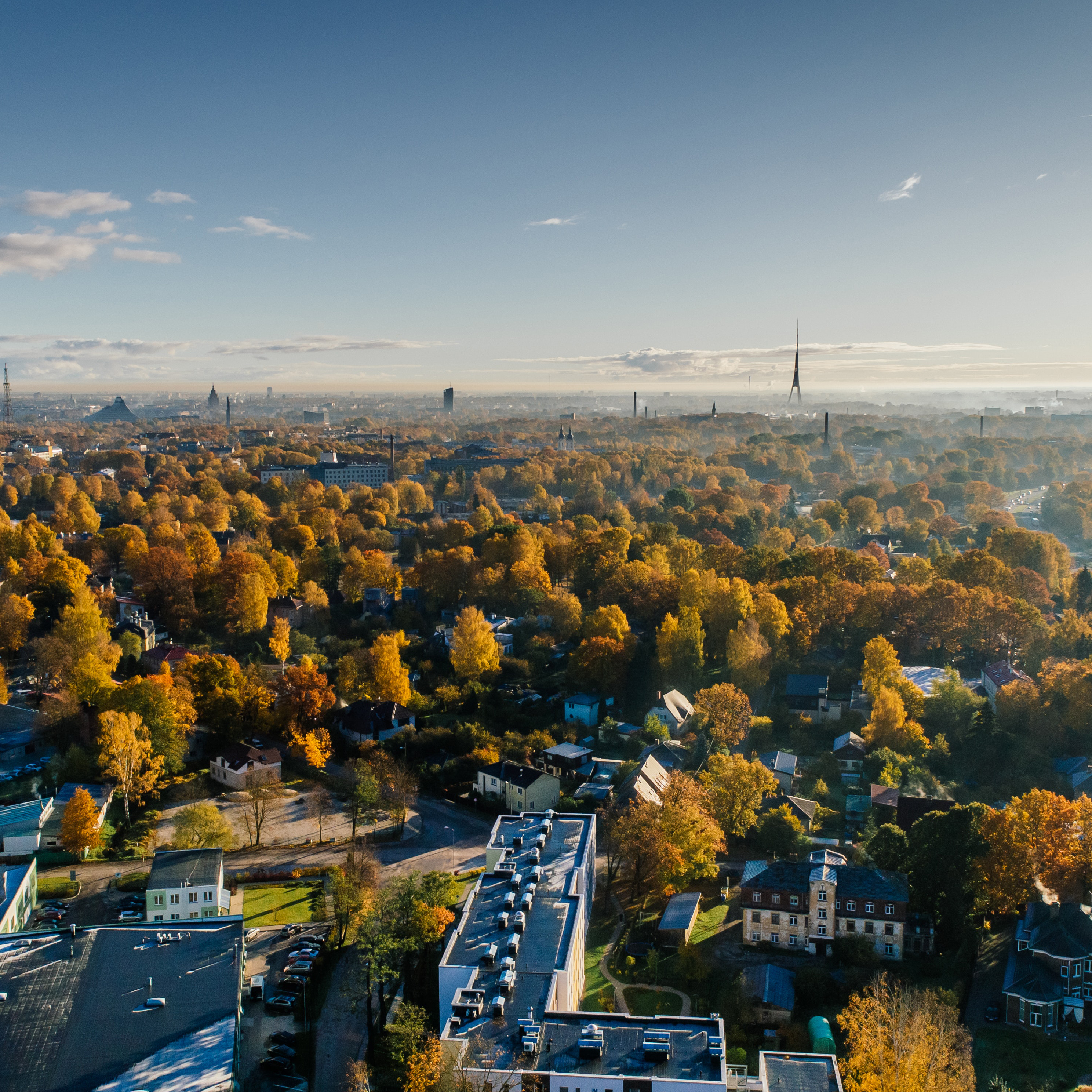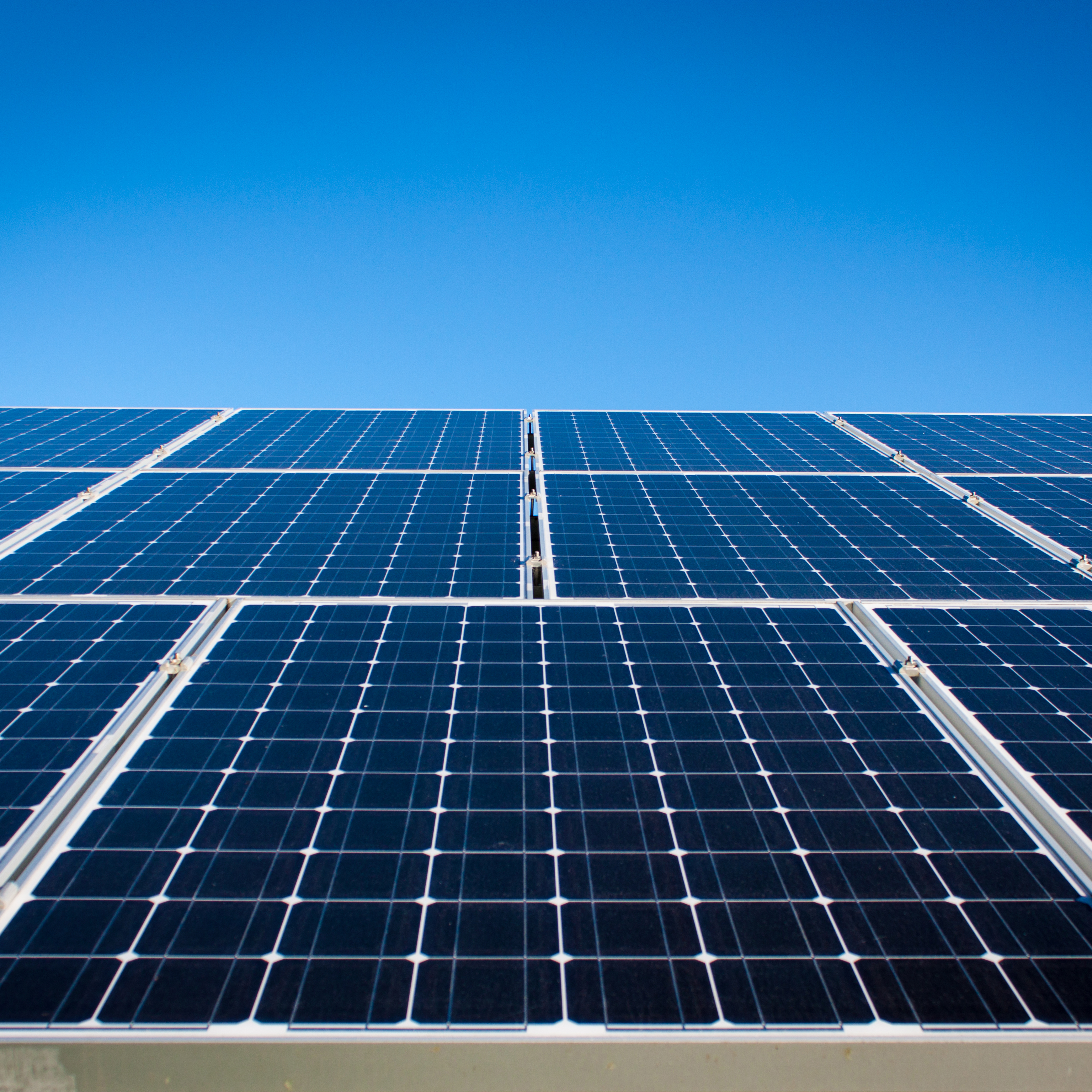
Context: Towards socio-ecological societies
Cities are becoming a new and hopeful transnational governance level. They are organising themselves in a whole tissue of networks (Fearless Cities, Fabcities, etc.), working together in domains like climate policy, renewable energy and urban economy.
At the same time, citizens are developing a whole range of urban commons, based on co-operation and an ethics of care. Tired of only being a powerless consumer or a passive citizen, we get active as maker, urban farmer, solidarity volunteer, user of shared resources, civic or social entrepreneur, etc. This goes along with the establishment of new organisations and infrastructures like fab labs, energy co-ops, co-working spaces, urban food production plots, and many more.
In recent years, we have seen cities like Ghent and Bologna moving a step further, establishing structures and processes that aim at building synergies between the public and the commons domain. This is part of a new political vision, the Partner State. So, a partner city sustains and gives incentives to alternative civil and economic institutions, like the commons and cooperatives. The conference, as part of this year’s transnational project around Urban Commons Transitions, therefore aims to look at these developments of collaborative city-making and to examine those prototypes of transformative cities as a driving force towards socio-ecological societies.
About the Event: A conference to inspire and motivate
Lately institutions, research groups and organisations were created to investigate how commons could be integrated in a more sustainable way in the vivid networks of cities. During this conference, organised with the support of the Flemish Think Tank Oikos, experts from different projects and institutions will inspire you with their knowledge and findings about sustainable commons in cities.
Draft Programme
19:30 – 19:40 INTRODUCTION Dirk Holemans, Director of Oikos and GEF Board member
19:40 – 20:20 THE VISION OF TWO EXPERTS Michel Bauwens & Elena De Nictolis
20:20 – 20:50 THREE STORIES ON URBAN COMMONS
Marie Haspeslagh, Enchanté – a network of warm-hearted merchants
Lucie Evers, Partago – a coop for electric car sharing – Mobility Factory
3rd speaker to be announced
20:50 – 21:10 PANEL DISCUSSION “CHANGING THE CITY”, Marie Haspeslagh, Lucie Evers, tbc
21:10 – 21:30 CLOSING PANEL “URBAN COMMONS TRANSITION”, Michel Bauwens & Elena De Nictolis
Keynote speakers

Michel Bauwens
Founder and director of the P2P Foundation and expert in peer production, governance and property. Bauwens is a well-known public speaker and thought leader. In 2017 he wrote the Commons Transition Plan for Ghent, after a similar project for Ecuador.

Elena De Nictolis
Research associate at LabGov, the LABoratory for the GOVernance of the City as a Commons. She prepares a Phd thesis on public policies for urban co-governance and the relation with the quality of city democracy at LUISS University of Rome.
Register now
To attend this inspiring conference, follow this link and order your tickets on the bottom of the page.
To complete your registration, transfer the entrance fee of 5 € to BE29 0015 9877 0164 (BIC: GEBA BE BB) Oikos vzw with the reference ‘Commons Congress’.
Stay tuned for updates
Subscribe to our Facebook event, where you will receive the latest news on speakers and the detailed programme, and follow us on Facebook or Twitter to learn about our other activities.



